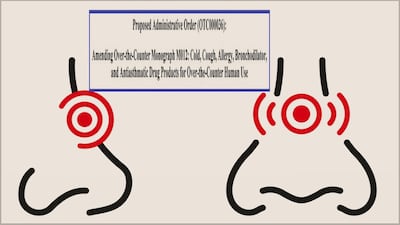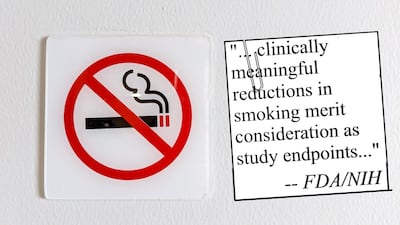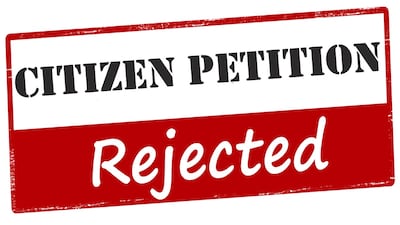The No PFAS in Cosmetics Act, introduced in the US Senate on 15 June, would direct the Food and Drug Administration to issue a proposed rule banning use of intentionally added per- or polyfluoroalkyl substances in cosmetics no later than 270 days after enactment and finalize it 90 days later.

US Senate Wants PFAS Banned From Cosmetics. Should FDA Have A Say?
Per- and polyfluoroalkyl substances are unpopular, sure. But there are thousands of PFAS with dissimilar safety profiles that merit US FDA review ahead of a blanket ban in cosmetic products, industry says.

More from United States
Proposed administrative order likely is first to prompt opposition from OTC industry or other stakeholders potentially delaying or deferring the agency’s expectation for moving its proposal to a deemed final order effective one year after it would be published.
Qnovia notes NRT inhalation product recently received investigational new drug clearance from FDA as agency and NIH say innovation needed smoking cessation to help improve rate of success for quitting the habit that kills around 500,000 US consumers annually.
The Washington State Department of Ecology will try to work with companies that violate the Toxic Free Cosmetics Act, rather than reflexively imposing the $5,000-per-violation fine for first-time offenders, says the law’s implementation planner. She noted financial assistance is available for small businesses, as well as incentives for companies adopting measures “beyond compliance.”
US FDA Office of New Drugs Director Peter Stein says review divisions have made the case that a discussion-only meeting would solicit the necessary input.
More from North America
US FDA Office of New Drugs Director Peter Stein says review divisions have made the case that a discussion-only meeting would solicit the necessary input.
Requests for “enforcement actions are not within the scope of FDA’s citizen petition procedures,” CDER says, rejecting petition dosing device firm Parenteral Technologies submitted as it prepares for workshop on Pediatric Research Equity Act requirements for OTC NDA sponsors.
Toxic-Free Cosmetics Act planner Shari Franjevic acknowledges the Washington State Department of Ecology is authorized to use enforcement discretion regarding the new law’s 1ppm limit on trace lead in cosmetic products, effective 1 January 2025, or raise the ceiling via rulemaking. But it does not seem inclined to do either based on data known to the department at present.





